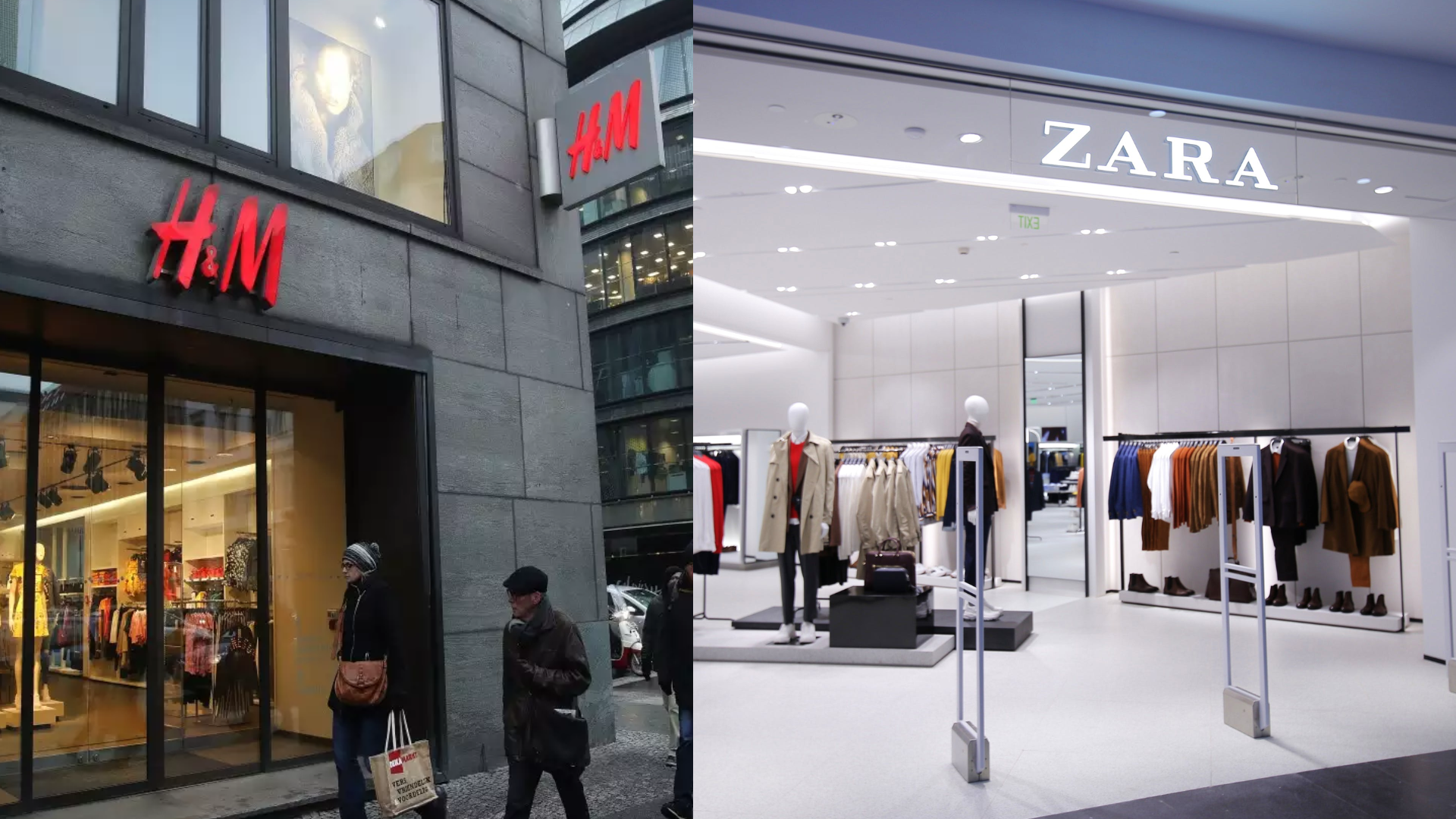Fast fashion giants H&M and Zara have come under scrutiny after a report by environmental group Earthsight revealed their sourcing of cotton from farms associated with significant environmental and social abuses in Brazil. The report, titled “Fashion Crimes,” sheds light on the use of “tainted cotton” sourced from the Cerrado savanna, a region known for its rich biodiversity.
Despite being labeled as ethical by the leading certification scheme Better Cotton, the cotton sourced by these fashion giants has been linked to massive deforestation, land-grabbing, corruption, and violence in Brazil. According to Earthsight’s investigation, the cotton was farmed in the fragile Cerrado savanna by two major agribusiness firms in Brazil, SLC Agricola, and the Horita Group.
The Cerrado, often referred to as the most biodiverse savanna on Earth, has faced rapid deforestation due to Brazil’s expanding agribusiness industry. The report highlights the alarming trend of at least 816,000 tonnes of cotton being exported from 2014 to 2023 from farms with a history of court injunctions, corruption rulings, and fines related to the clearance of approximately 100,000 hectares of Cerrado wilderness.
Earthsight’s investigation traced the tainted cotton to farms in the northeastern state of Bahia, which was then shipped to eight Asian clothing manufacturers. Among these manufacturers are companies whose clients include Sweden-based H&M and Spain-based Zara.
Brazil, known as a top exporter of beef and soybeans, has also seen a rise in cotton production, becoming the second-largest producer globally after the United States. However, this surge in production has been at the cost of environmental destruction in the Cerrado.
The report exposes what Earthsight describes as a “ruinous mix of corruption, greed, violence, and impunity” leading to the theft of public lands and displacement of local communities in the region. Despite these concerning findings, the cotton sourced from these farms had obtained ethical certification from Better Cotton, highlighting significant flaws in the oversight program.
In response to the report, Better Cotton stated that it had conducted an independent audit of the issues raised and would provide a summary of its findings. Both Zara’s parent company, Inditex, and H&M have expressed taking the allegations seriously and have called for the release of the auditors’ findings by Better Cotton.
The Brazilian Cotton Producers’ Association (ABRAPA) has also responded, stating that they provided records and evidence countering the report’s claims but found their efforts largely disregarded. ABRAPA unequivocally condemned any practices that undermine environmental conservation, violate human rights, or harm local communities.
The revelations from Earthsight’s report have brought into question the sourcing practices of major fashion brands, highlighting the need for greater transparency and accountability in the fashion industry’s supply chain. As consumers become increasingly conscious of sustainability and ethical considerations, the pressure is mounting on companies to ensure responsible sourcing practices throughout their operations.


















